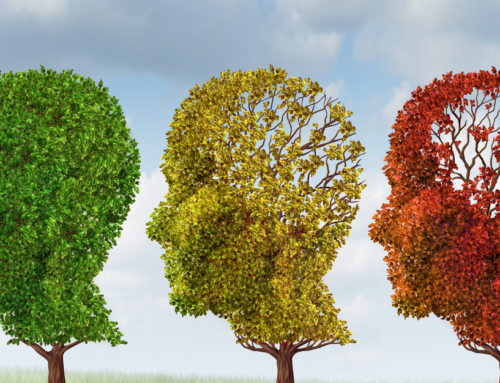My practitioner diagnosed me with Hashimoto’s and celiac disease, two autoimmune diseases. It seems many of my friends have an autoimmune disease too, including eczema, arthritis, Type I diabetes, and even multiple sclerosis. Why is it so common now?
Incidences of autoimmune disease, in which the body’s immune system attacks its own tissue, have skyrocketed and continue to climb, affecting as many as one in nine Americans.
Hygiene hypothesis incomplete
The media darling for an explanation is the hygiene hypothesis—that lack of early childhood exposure to sufficient filth improperly prepares the immune system for later battles.
While likely valid, it too neatly dismisses more significant factors linked with triggering autoimmune disease:
Environmental pollutants
We live in a sea of more than 80,000 chemicals. The few that have been studied have been shown to play a role in triggering autoimmune reactions. People who work with toxic compounds, such as pesticides or solvents, are significantly more likely to die from autoimmune disease. One study also showed that infant fetal-cord blood contains 287 pollutants.
GM foods
Although the impact of genetically modified (GM) foods on humans has not been studied, multiple animal studies link them with immune dysregulation, inflammation, and an increase in allergies—factors that trigger autoimmune disease.
Poor diets
Many people today eat a diet that sets the stage for autoimmune disease. This includes foods full of artificial chemicals, sugar and starchy carbohydrates, and trans fats. Gluten in particular has been linked to autoimmune disease.
Leaky gut
In leaky gut, or intestinal permeability, the lining of the intestines becomes too porous, allowing undigested food and pathogens to slip into the bloodstream. This triggers inflammation and leads to immune dysregulation.
Chronic stress
Chronic stress from diet, poor health, lack of sleep, and excess sugar and caffeine also leads to inflammation and immune dysregulation, setting the stage for autoimmune disease.
What can you do?
The best medicine is prevention. To help your body cope with the burdens of modern life, eat an anti-inflammatory diet and work with a practitioner to address the health imbalances that make you more vulnerable to autoimmune disease.





